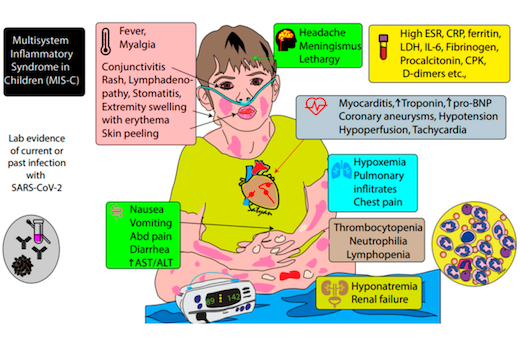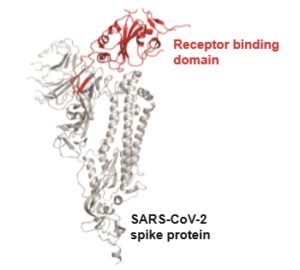How long does COVID-19 vaccine-generated immunity last? New laboratory results provide a partial answer to that question.
Antibodies generated by a currently available COVID-19 vaccine declined over time, but remained at high levels in 33 study participants 6 months after vaccination, according to data published Tuesday in the New England Journal of Medicine.
The results could begin to inform public health decisions about COVID-19 booster vaccinations and how frequently people should receive them. In older study participants, antiviral antibody activity tended to decay more rapidly than in those aged 18-55.

Emory Vaccine Center’s Mehul Suthar, co-lead author of the brief report, said that the “correlates of protection” are not yet known from COVID-19 vaccine studies – that is, what levels of antiviral antibodies are needed to fend off infection. Other forms of immunity, such as T cells, could be contributing to antiviral protection as well.
He cautioned that the decay in antibody activity over time – not surprising in itself – may combine with increased prevalence of emerging SARS-CoV-2 variants that may allow viruses to escape the immune system’s pressure.
“Still, these are encouraging results,” Suthar says. “We are seeing good antibody activity, measured three different ways, six months after vaccination. There are differences between age groups, which are consistent with what we know from other studies.”
The findings come from analysis of samples from the Moderna mRNA-1273 phase I clinical trial, which began last year. Reports of clinical outcomes from Pfizer/BioNTech also indicate that their vaccine remains effective after six months.







